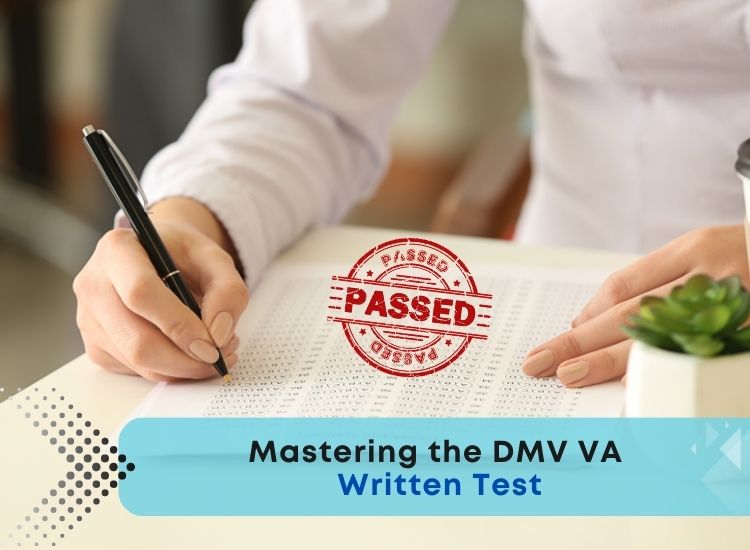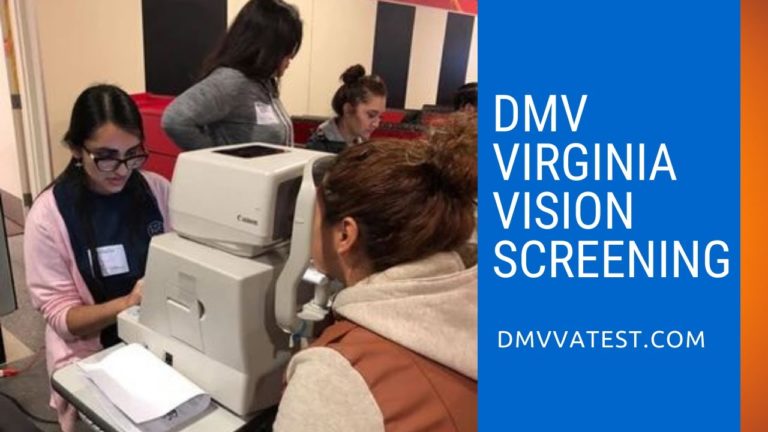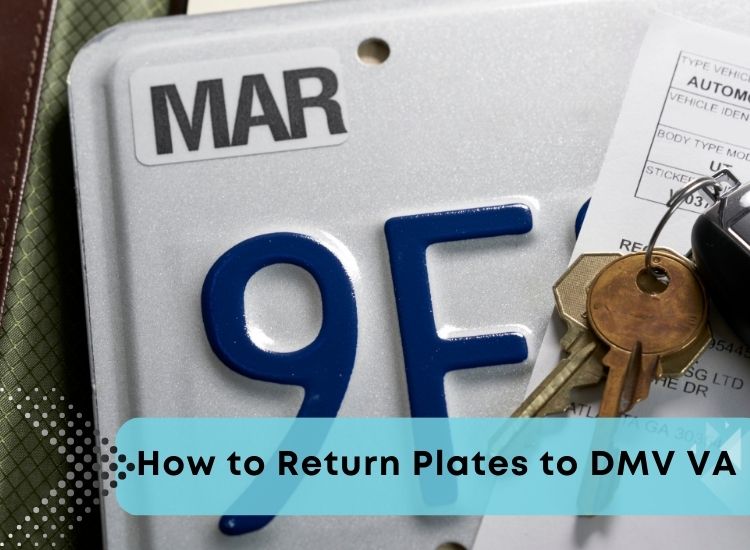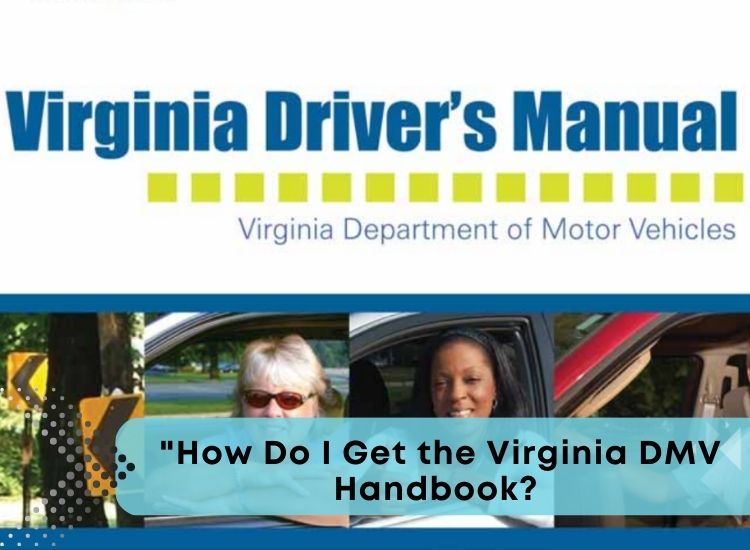Mastering the DMV VA Written Test: Your Path to Success

Introduction
Welcome to our comprehensive guide on successfully passing the DMV VA written test. At DMVVATest, we understand the importance of acquiring your driver’s license and the challenges that come along the way. With this article, we aim to provide you with invaluable insights, strategies, and tips that will help you ace the DMV VA written test with confidence and ease.
Understanding the DMV VA Test
The DMV VA written test is a crucial step towards obtaining your driver’s license in the state of Virginia. It evaluates your knowledge of traffic laws, road signs, driving practices, and various other regulations necessary for safe and responsible driving. To ensure your success, it is imperative to have a solid understanding of the test structure and the topics it covers.
If you do not possess a current driver’s license from another U.S. state, Canada, Germany, France, or the Republic of Korea, you must take the knowledge test.
Test Structure
Your understanding of traffic signs, driving safety, and the legislation is tested in the two parts of the computer-based knowledge exam. The information in DMV manual has been used to create exam questions. The DMV VA written test consists of multiple-choice questions designed to assess your knowledge of driving rules and regulations. The test typically comprises two sections: the road signs section and the general knowledge section.
Part 1 Road Signs section:
Before you may take part two of the exam, you must answer each of the ten traffic sign questions correctly in part one of the test. The road signs section focuses specifically on identifying and interpreting different road signs, signals, and pavement markings. It is crucial to familiarize yourself with the various signs and their meanings to perform well on this section of the test.
Part 2 General Knowledge section:
Your general knowledge is tested in Part 2 by multiple-choice questions. To pass phase two, you must respond correctly to at least 80% of the questions. The general knowledge section covers a wide range of topics, including traffic laws, driver responsibilities, defensive driving techniques, and the effects of drugs and alcohol on driving abilities.
Preparing for Success
To increase your chances of success and surpass the challenges of the DMV VA written test, thorough preparation is key. Here are some essential steps to help you effectively prepare:
- Study the Virginia Driver’s Manual: The Virginia Driver’s Manual is a comprehensive resource provided by the DMV VA that covers all the necessary information for the written test. Carefully read and understand the manual, highlighting key points and traffic laws.
- Take Practice Tests: Utilize the practice tests available online or provided by the DMV VA. These practice tests simulate the actual exam conditions, allowing you to familiarize yourself with the question format and assess your knowledge. Identify areas where you need improvement and focus your studying accordingly.
- Review Road Signs: Pay special attention to road signs, their shapes, colors, and meanings. Create flashcards or use mnemonic devices to help you memorize the signs and their associated regulations. Regularly review and test your knowledge to ensure retention.
- Understand Test-Taking Strategies: Familiarize yourself with effective test-taking strategies such as process of elimination, educated guessing, and time management. These strategies can enhance your performance during the exam and increase your chances of selecting the correct answers.
How Do I Get the Virginia DMV Handbook? Your Essential Resource for Driving Success
How Many Questions are on the Virginia DMV Permit Test?
Overcoming Challenges and Boosting Confidence
Many individuals face challenges and anxiety when approaching the DMV VA written test. However, with the right mindset and preparation, you can overcome these obstacles and approach the test with confidence.
Managing Test Anxiety
Test anxiety can negatively impact your performance, so it is crucial to manage and alleviate it. Here are a few strategies to help you combat test anxiety:
- Start Early: Begin your preparation well in advance to avoid last-minute cramming, which can lead to increased anxiety.
- Practice Relaxation Techniques: Deep breathing exercises, meditation, and positive visualization can help calm your mind and reduce anxiety.
- Get Sufficient Rest: Prioritize a good night’s sleep before the test day to ensure you are well-rested and mentally sharp.
Enhancing Test-Taking Skills
Beyond knowledge, developing strong test-taking skills is essential to perform your best during the DMV VA written test. Consider the following tips to enhance your test-taking abilities:
- Read Carefully: Thoroughly read each question and all the answer choices before selecting your response. Be attentive to subtle differences and ensure you understand what each question is asking.
- Eliminate Wrong Choices: If you’re unsure about the correct answer, eliminate options that are obviously incorrect. This increases your chances of selecting the right answer even if you’re unsure.
- Manage Time Effectively: Allocate time for each question, ensuring you have sufficient time to answer all questions. Don’t get stuck on difficult questions; instead, mark them and return to them later if time permits.
- Review Your Answers: Once you’ve completed the test, review your answers if time allows. Look for any errors or overlooked details that you may need to correct.
Test Day Tips and Strategies
On the day of your DMV VA written test, it’s essential to approach it with confidence and a clear mindset. Consider the following tips to maximize your performance:
- Arrive Early: Plan to arrive at the testing center early to allow time for check-in procedures and to familiarize yourself with the surroundings.
- Bring Required Documents: Ensure you have all the necessary identification documents, such as your learner’s permit and proof of identification, as specified by the DMV VA.
- Stay Calm and Focused: Take a few deep breaths to calm your nerves before beginning the test. Maintain focus and avoid distractions during the examination.
- Read Instructions Carefully: Pay close attention to the instructions provided for each section of the test. Understanding the directions will help you navigate through the questions more effectively.
- Answer with Confidence: Trust in your preparation and knowledge. Read each question carefully, eliminate wrong choices, and select the answer you believe to be correct.
- Manage Your Time: Keep an eye on the time remaining for each section. Pace yourself accordingly to ensure you have enough time to answer all questions.
- Don’t Change Answers Unless Necessary: Avoid second-guessing yourself and changing answers unless you are confident that your initial choice was incorrect.
Conclusion
Congratulations! By following the strategies and tips outlined in this article, you are well on your way to conquering the DMV VA written test and obtaining your driver’s license. Remember, thorough preparation, understanding of traffic laws, and effective test-taking skills are the keys to success. Stay confident, manage test anxiety, and approach the examination with a clear focus. Best of luck on your journey to becoming a licensed driver in Virginia!
Frequently Asked Questions
Q: How can studying the Virginia Driver’s Manual help in preparing for the DMV VA written test?
A: Studying the Virginia Driver’s Manual provides comprehensive information on traffic laws, road signs, and driving practices, ensuring a solid foundation of knowledge for the test.
Q: What are some effective test-taking strategies for the DMV VA written test?
A: Effective test-taking strategies include reading questions carefully, eliminating wrong choices, managing time wisely, and reviewing answers before submitting the test.
Q: How can familiarity with road signs contribute to success on the DMV VA written test?
A: Familiarity with road signs enables test-takers to accurately identify and understand the meaning of different signs, leading to better performance on the road signs section of the test.
Q: What steps can be taken to manage test anxiety during the DMV VA written test?
A: Managing test anxiety can be achieved through techniques such as deep breathing, positive self-talk, visualizing success, and starting the preparation early to build confidence.
Q: Why is it important to arrive early on the day of the DMV VA written test?
A: Arriving early allows test-takers to complete necessary check-in procedures, familiarize themselves with the testing environment, and approach the test with a calm and focused mindset.
Resources I Use
Resource 1: DMV Virginia – http://www.dmvNOW.com
Resource 2: DMV Virginia Driver’s Manual : https://www.dmv.virginia.gov/webdoc/pdf/dmv39.pdf
Resource 3: DMV Virginia Locator : https://www.dmv.virginia.gov/DMVLocator/






